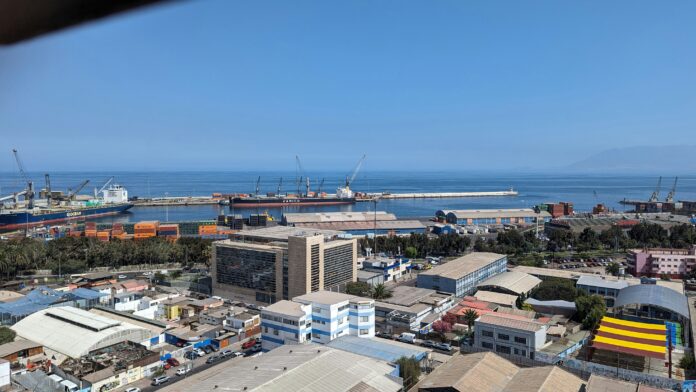
The Eilat Municipality has seized the bank accounts of the Red Sea port due to outstanding municipal tax debts exceeding US$178,764, prompting the closure of Eilat Port this coming Sunday.
The move follows a prolonged period of inactivity at the port, driven by regional instability and the ongoing threat of Houthi attacks on maritime traffic through the Red Sea.
According to Globes, the port has struggled to maintain operations since the outbreak of the conflict, with activity dwindling to a near halt. Monthly municipal tax obligations are estimated at US$178,764 to 208,558, which the port has been unable to pay amid a severe revenue collapse.
A letter from the National Emergency Authority confirms the severity of the situation as the following the shutdown of Eilat Port for ongoing operations and the economic situation it has found itself in as a result of the continuing crisis, the Eilat Municipality has notified the port management of the seizure of all of the port’s bank accounts due to financial debts to the municipality.
As a result, the Shipping and Ports Authority has informed us that Eilat Port is expected to cease all activity.
Eilat Port’s financial crisis is reflected in stark operational figures. In 2023, the port generated US$63 million in revenue. However, following the disruption of Red Sea trade routes, 2024 revenues plummeted by 80% to just US$12million.
The downturn in shipping traffic has been equally dramatic.
In 2023, 134 vessels called at the port, and approximately 150,000 vehicles were unloaded. In contrast, no vehicles were unloaded in 2024, and only 16 ships visited the port. As of the first half of 2025, a mere six ships have arrived at Eilat.
The closure of Eilat Port highlights the profound impact of regional conflict on Israel’s southern trade infrastructure.





